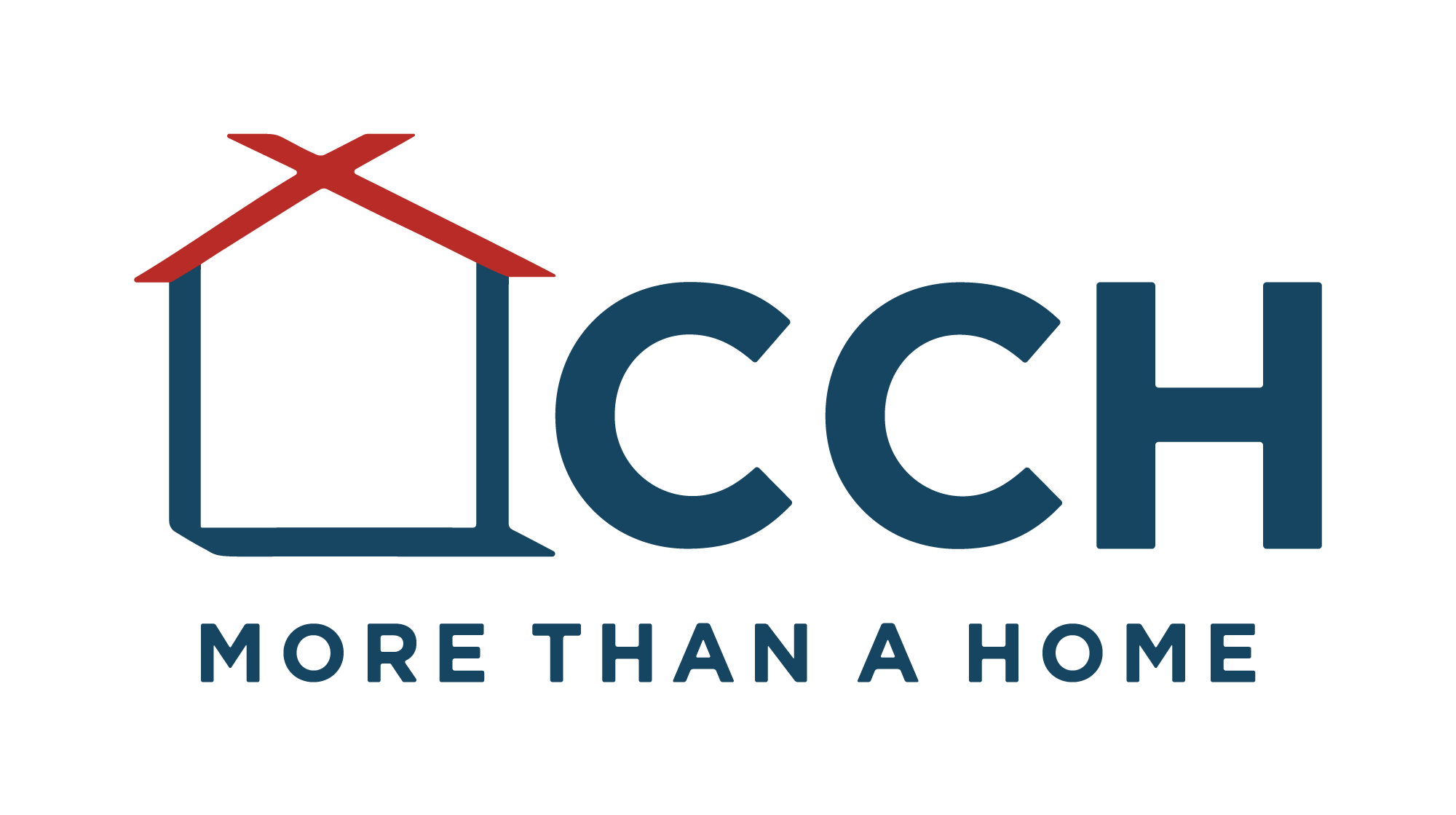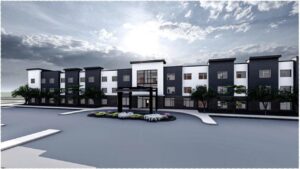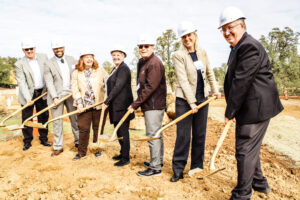
Most days on the evening news you hear multifaceted proposals for how cities can create new housing to ease homelessness and address the pressing need for more affordable homes. There have been numerous suggestions levied about from converting unused office and retail spaces left vacant after the pandemic shutdown into affordable housing units to opening quick-build, temporary mini-homes on unused land parcels. Among the proposals currently gaining ground is Senate Bill 4 (SB4) which would ease some zoning and environmental restrictions to allow nonprofit colleges and faith organizations, such as churches, masques and synagogues, to build affordable housing on their excess land.
According to Cal Matters, if approved by lawmakers and signed into law, Senate Bill 4 would reduce barriers that religious and nonprofit organizations often face when planning multifamily housing projects on their properties. Common obstacles include local zoning regulations and stringent environmental review processes which many housing proponents say can add years of red tape and expense to the construction process.
The proposed law would supersede local zoning rules that either prohibit or discourage development of housing projects and would bar opponents from using the environmental review processes to slow down construction with lengthy litigation. Restrictions also are proposed to ensure units remain 100 percent affordable since provisions of the law could only be applied to projects that guarantee available low-income housing. Building organizations would need to commit to an affordability requirement of 55 years in rental units and 45 years for owner-occupied units.
Affordable housing advocates further content SB4 would bolster housing stock since many of these institutes own land in close proximity to community resources such as transit, shopping, and job centers, making them even more convenient and desirable. A 2020 study by UC Berkeley’s Terner Center for Housing Innovation found nearly 40,000 acres currently used by religious groups could be developed.
AB4 is not a new proposal and is the third attempt by California Sen. Scott Wiener to foster agreement and move the bill forward. A 2020 version of the bill died amidst disagreements between affordable housing advocates and labor organizations pushing to include a workforce mandate in the bill that would ensure state housing contractors a living wage. Housing proponents argued that such a provision would drive up costs and stunt construction.
There is some hope for passage of SB4 this time around. Following months of negotiations, a recently negotiated deal to convert underutilized commercial buildings into housing was signed off by both housing advocates and trade unions. Proponents are hopeful brokerage of this deal could provide a roadmap for similar success with SB4.



